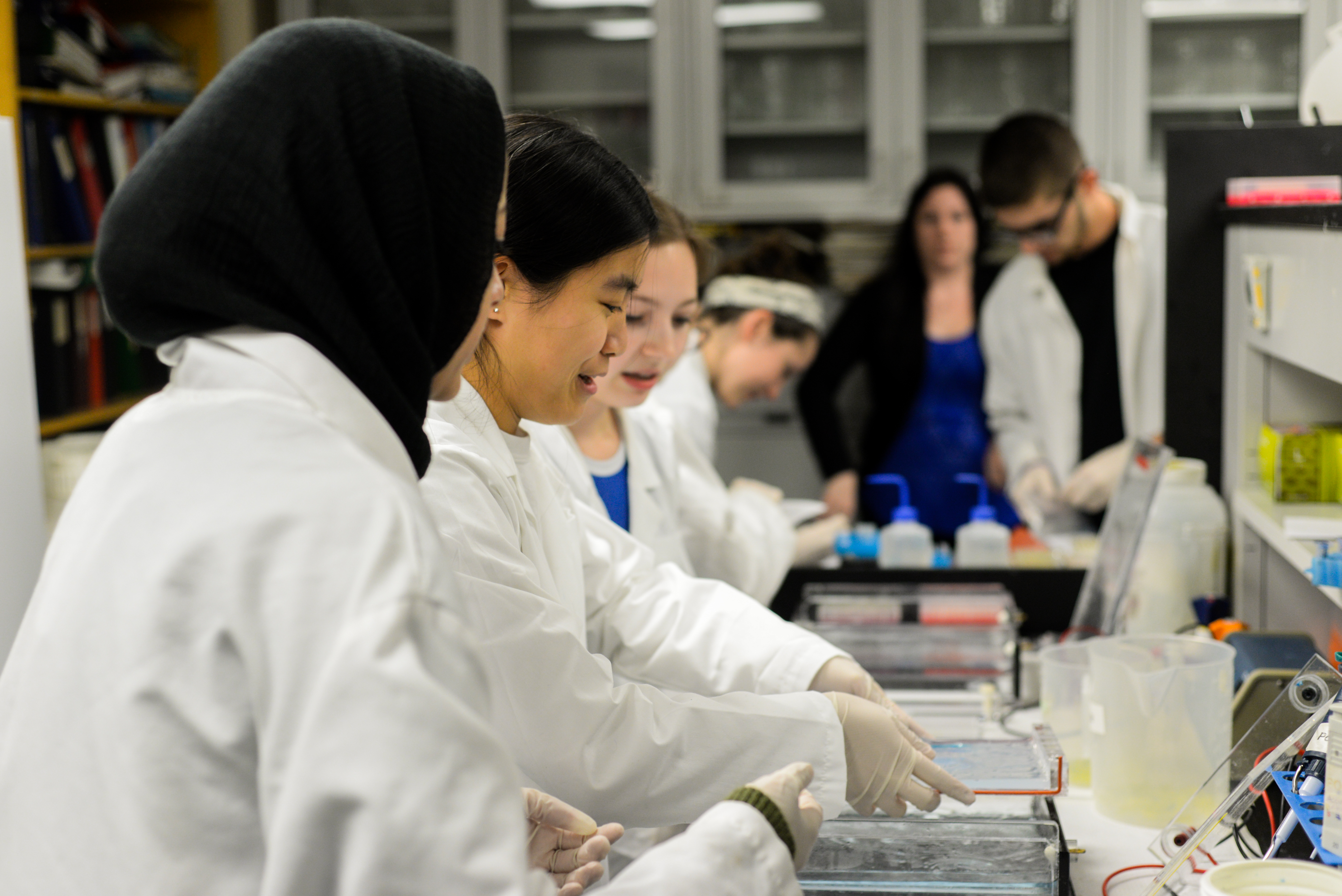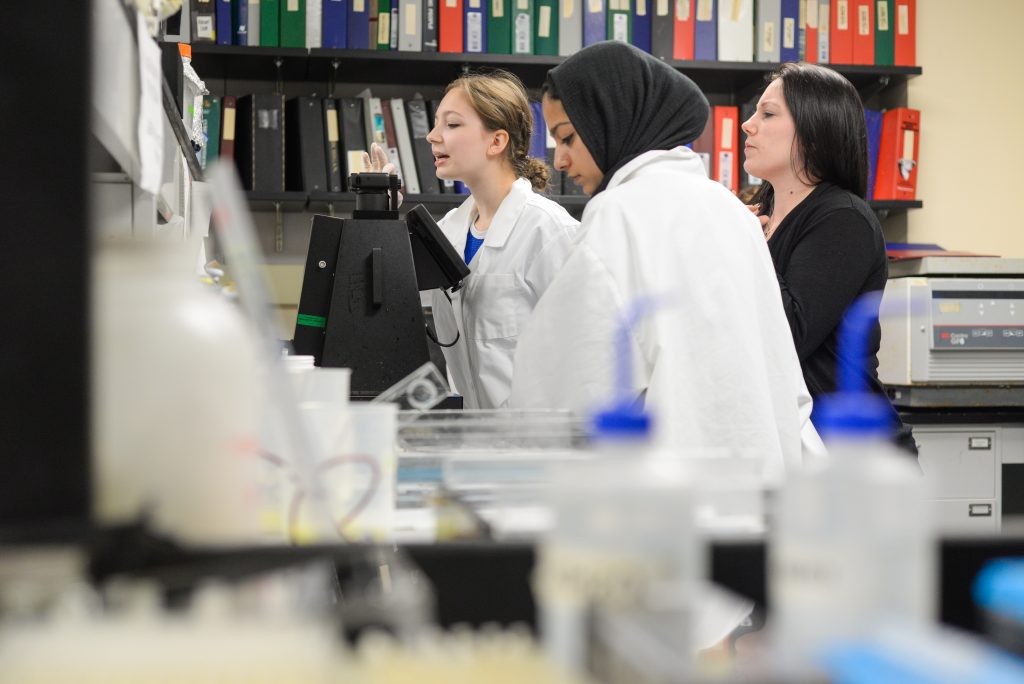In 1961, a young professor named Michael Horowitz arrived at Binghamton University with a mission — to create an anthropology department. A year later, Horowitz managed to build a department out of nothing, and his vision was released.
Almost 60 years after Horowitz jump-started scholarship in anthropology at the University, he died on Nov. 20 at 85.
In the years since the department’s founding, it has seen many changes, including the addition of professors as permanent, tenure-track staff. Since 2011, the department has added 10 new tenure-track professors. It’s also grown rapidly since its conception, currently boasting 29 faculty members and four postdoctoral fellows.
It has also seen expansion. Since 1962, BU has added a full offering of programs in anthropology, including a graduate program in biomedical anthropology. The expansion has come with an increased commitment to research and a greater focus on interdisciplinary research. According to D. Andrew Merriwether, chair of the anthropology department, the expansion of research prompted transdisciplinary work, as research questions for grants often require a joint answer from teams of people in multiple fields.
“It is so inherently interdisciplinary, and I get to interact with so many different kinds of scholars all in the same department,” Merriwether said. “We have faculty study everything from borders in Europe and Brexit, to the archaeology of Easter Island, to Lyme disease here in New York.”

Horowitz, who died at 85, was integral to shaping and growing the anthropology department, according to professors.
“The thing that stood out about [Horowitz] was his dedication to social justice and to making a difference in the world,” McGuire said. “He was a pioneer in the field of applied anthropology.”
According to anthropology professors, Horowitz’s foundation has encouraged an atmosphere of activism and transdisciplinary efforts in the department. Joshua Reno, an associate professor of anthropology, said BU’s anthropology programs attract a variety of students interested in different areas of research.
“I find it exhilarating to work alongside so many engaged and passionate anthropologists working on such a diverse range of topics while utilizing diverse methodological tools,” Reno said. “For this reason, they also attract a lot of brilliant students who it has been a pleasure to work with and get to know.”
Despite Horowitz’s passing, the anthropology department will continue on, and Merriwether said he is excited for the future of anthropological research and scholarship at the University, especially when he sees students engage in new and unique fields of research.
“It makes me excited for the future of our field, with students working on everything from epigenetics and health, to music and identity in Africa, to how archaeology interacts with histories of the indigenous and Gullah peoples of Hilton Head Island,” Merriwether said.



